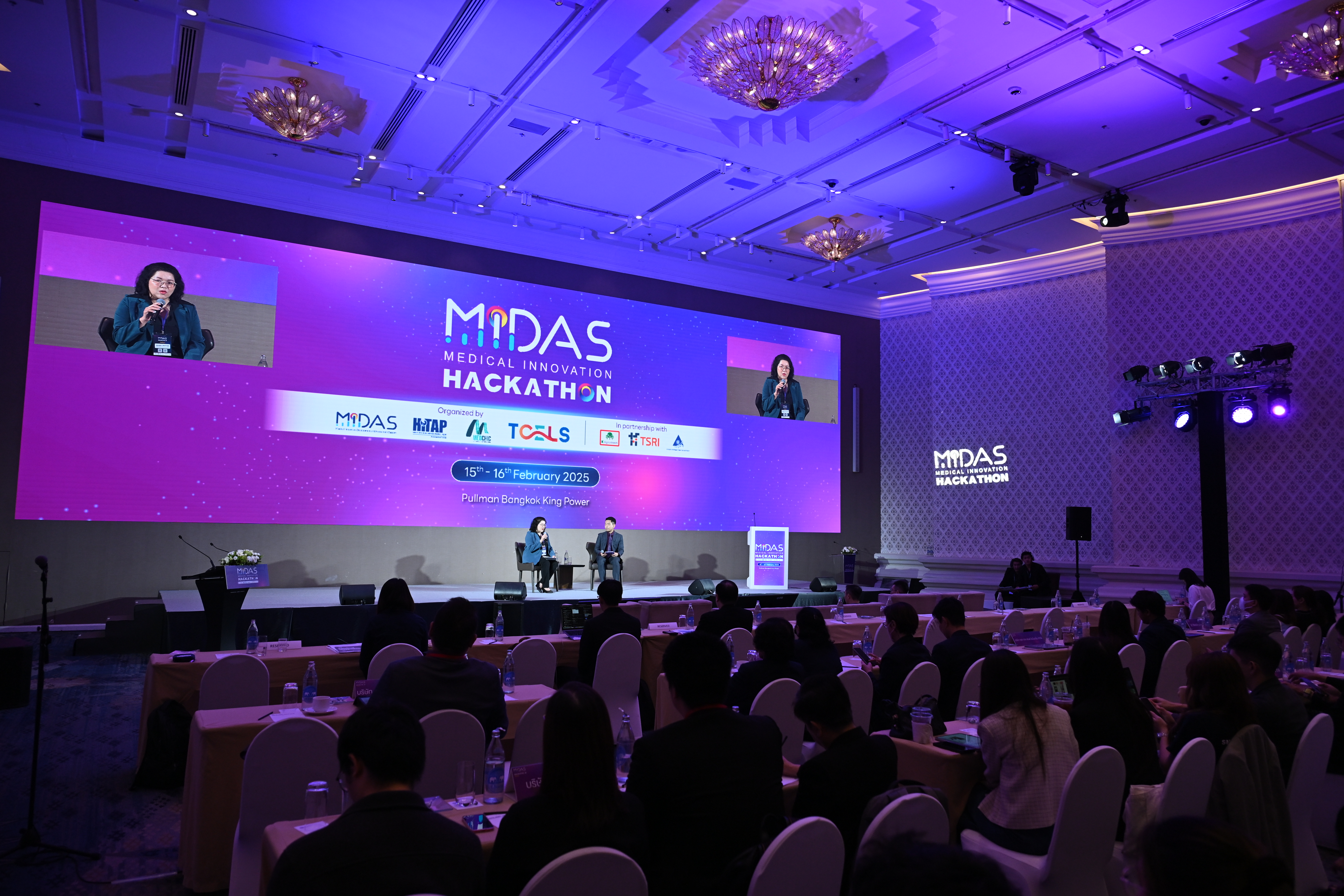HITAP Foundation รับรางวัลเกียรติยศ “5 ทศวรรษ ระบบยาประเทศไทย” พร้อมร่วมเสวนาทิศทางบัญชียาหลักแห่งชาติ



The settlement is part of a broad crackdown on bribery by multinational companies in foreign countries that has hit several of the world’s biggest pharmaceutical companies.
Pfizer in 2004 became the first pharmaceutical company to volunteer information about past wrongdoing to the Justice Department, but the case has taken years to resolve.
Last year, Johnson & Johnson agreed to pay $70 million to settle U.S. charges that it paid bribes and kickbacks to win business in Greece, Iraq, Poland and Romania, the first such settlement by a big drug company.
The 1977 Foreign Corrupt Practices Act makes it illegal for U.S. companies and foreign firms whose stock is traded in the United States to bribe government officials in foreign countries.
Eight of the world’s top 10 drugmakers have warned of potential costs related to charges of corruption in overseas markets, according to a Reuters examination of U.S. filings.
Pfizer’s general counsel, Amy Schulman, said of the settlement, “The actions which led to this resolution were disappointing, but the openness and speed with which Pfizer voluntarily disclosed and addressed them reflects our true culture and the real value we place on integrity and meeting commitments.”
According to a complaint filed by the Securities and Exchange Commission in U.S. District Court for the District of Columbia, Pfizer’s misconduct dates back to 2001. Company employees bribed foreign officials to use Pfizer’s products and boost prescriptions, the complaint said.
The improper payments were made to officials in Russia, Bulgaria, Croatia, Kazakhstan, Serbia, Czech Republic, China and Italy.
In China, for example, Pfizer employees hosted “club-like meetings” with recreational and entertainment activities for government doctors who wrote a lot of prescriptions.
The company also created programs under which government doctors could accumulate points based on the number of prescriptions they wrote for Pfizer products. The points could be redeemed for gifts ranging from medical books to cell phones, tea sets, and reading glasses.
Separately, the SEC charged Wyeth, which Pfizer acquired in 2009, with similar violations. The agency said subsidiaries marketing Wyeth’s nutritional products in China, Indonesia and Pakistan bribed government doctors with cash, BlackBerrys, cell phones and other incentives.
Pfizer and Wyeth agreed to separate settlements in which they will pay a total of more than $45 million. They neither admitted nor denied wrongdoing.
In a parallel action, the U.S. Department of Justice said a Pfizer subsidiary, Pfizer H.C.P. Corp, had agreed to pay a $15 million penalty to resolve a department investigation of similar violations.
Pfizer H.C.P. admitted that between 1997 and 2006, it paid more than $2 million of bribes to government officials in Bulgaria, Croatia, Kazakhstan and Russia, and admitted that it made more than $7 million in profits as a result of the bribes, the Justice Department said.
Pfizer H.C.P.’s penalty was reduced because of Pfizer Inc’s cooperation in the ongoing investigation of other companies and individuals, the department said. The agreement requires the company to implement rigorous internal controls and to cooperate fully with the department.
(Reporting by Toni Clarke, Ben Hirschler, Aruna Viswanatha and Jonathan Stempel, editing by John Wallace)
http://reut.rs/OMIVoB